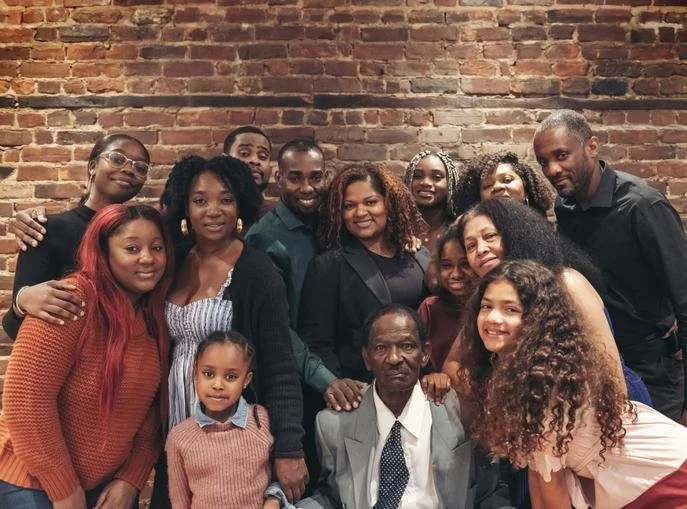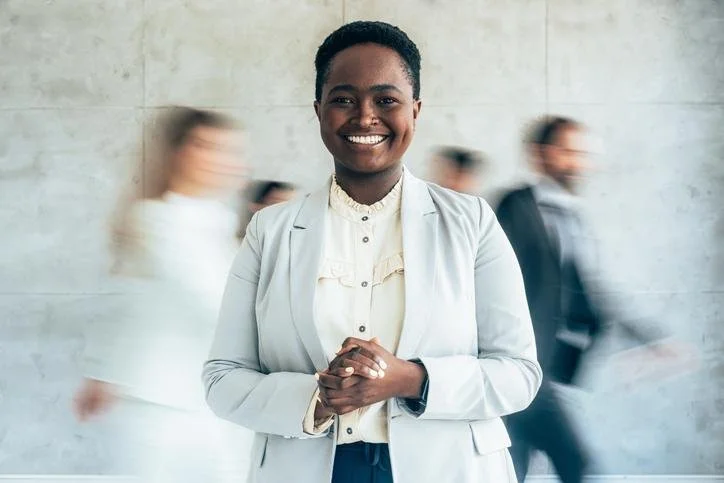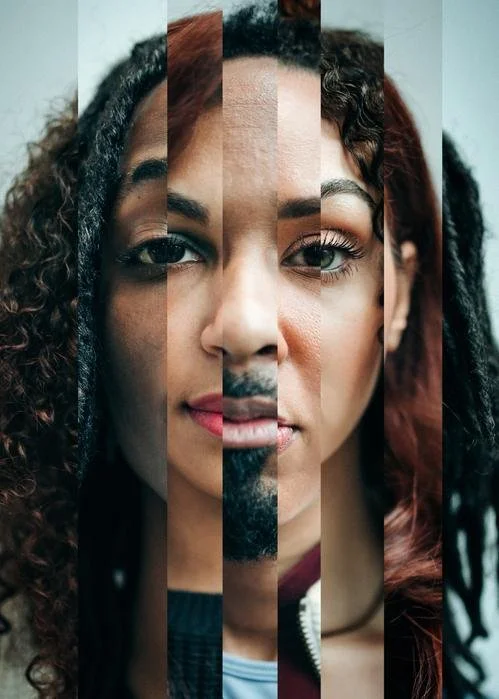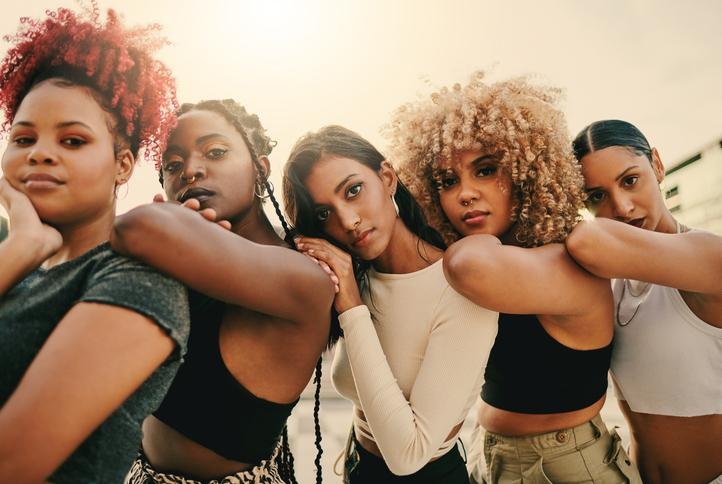“That’s My Cousin”: The Power of Cousin Bonds in the Black Community
In the Black community, cousin relationships go beyond bloodlines, serving as lifelong bonds of friendship, support, and shared cultural identity that shape our earliest memories and hold families together. We discuss it here!
Photo Credit: lisegagne via iStockPhoto.com
By: Jamila Gomez
In the Black community, “cousin” doesn’t just mean your mama’s sister’s kid. It’s deeper than blood. It’s a bond, a lifeline, a whole experience. For so many of us, cousins are our first best friends, our first partners-in-crime, and sometimes the only people who understand the full flavor of what we’re going through. In a world that often tries to break us down, cousin relationships build us up.
Growing up, cousins were the ones we sat at the kiddie table with during Thanksgiving, sneaking extra rolls and giggling through family gossip. They were the ones we shared rooms with during summer breaks, staying up late talking about everything from cartoons to crushes. Cousins helped us learn how to roast, how to play spades, how to braid hair, how to defend ourselves — and how to laugh through pain. That bond doesn’t fade with time. If anything, it gets stronger.
And let’s be real: in many Black families, the cousin network is what holds the whole structure together. We may not always come from traditional nuclear homes, but our families are rich with aunties, uncles, Big Mamas, and cousins who step up, show out, and show love. Your cousin might’ve been your babysitter, your ride to school, your first call after a breakup. They’re your people — your tribe — when the world gets cold.
Cousins often grow up like siblings, especially in households where resources were tight and love had to stretch wide. That closeness builds a unique understanding, an unspoken language that even your closest friends might not get. You share memories, music, inside jokes, and sometimes trauma. But the beauty is in how cousins help you carry it — laughing, praying, healing together.
In today’s world, where everything moves fast and people feel more disconnected than ever, those cousin ties are sacred. They remind us where we come from. They keep us grounded. And for the next generation, it’s up to us to keep that spirit alive — making sure our kids know their cousins, grow with them, and love them like we did.
So when we say, “That’s my cousin,” it’s not just a label. It’s pride. It’s history. It’s love.
Hold your cousins close. Call them. Check on them. Celebrate them. Because in this community, cousin love is family love — and family is everything.
YOU MAY ALSO BE INTERESTED IN:
SHARE TO SOCIAL MEDIA
Celebrating Black Womanhood Through Holistic Self-Care Routines
Prioritizing holistic self-care allows Black women to nurture their mind, body, and soul while reclaiming joy, rest, and identity in a society that often overlooks their well-being. We discuss it here!
Photo Credit: DragonImages via iStockPhoto.com
By: Jamila Gomez
Black women embody resilience, beauty, and strength, often carrying the weight of their families, communities, and the world on their shoulders. Yet, in a society that frequently overlooks their well-being, prioritizing self-care becomes not only a radical act but a necessary one. Holistic self-care, which nurtures the mind, body, and soul, provides a pathway for Black women to reclaim their peace, honor their heritage, and celebrate their unique identities.
Mindful Healing
Mental health is often stigmatized in Black communities, but prioritizing mental wellness is vital. Journaling, for example, allows Black women to document their thoughts, dreams, and affirmations. Creating a gratitude practice through daily writing can help shift focus to joy and abundance. Meditation and mindfulness practices, particularly those guided by Black instructors, can offer a culturally affirming space for relaxation and self-reflection. Apps like Liberate, designed by and for Black communities, provide resources to meditate with cultural understanding.
Nourishing the Body
A holistic self-care routine celebrates the physical body as a temple. Movement like yoga, African dance, or even daily walks not only improves physical health but also connects Black women to ancestral traditions. Skincare and haircare routines can double as moments of meditation and pride, celebrating natural textures and melanin-rich skin. For example, creating a DIY shea butter mixture infused with essential oils like lavender or peppermint transforms a simple ritual into a deeply personal act of self-love.
Cultural and Spiritual Roots
Spirituality has always been a cornerstone of Black womanhood. Honoring this connection can involve practices like lighting candles, burning sage, or creating an altar dedicated to ancestors. These rituals ground Black women in their history, celebrating their lineage while offering a moment of spiritual reflection. Music, whether gospel, Afrobeats, or neo-soul, can serve as a meditative tool to connect with both inner strength and cultural identity.
Community Care as Self-Care
For Black women, self-care also extends to collective care. Joining sister circles, attending wellness retreats, or engaging in community activism reminds them they are not alone. Sharing joys, struggles, and wisdom within these spaces reaffirms the power of sisterhood and interconnectedness.
Holistic self-care for Black women is more than just a series of practices—it’s a reclamation of joy, rest, and identity. By centering their own needs and celebrating their unique heritage, Black women can cultivate a self-care routine that uplifts, heals, and empowers.









